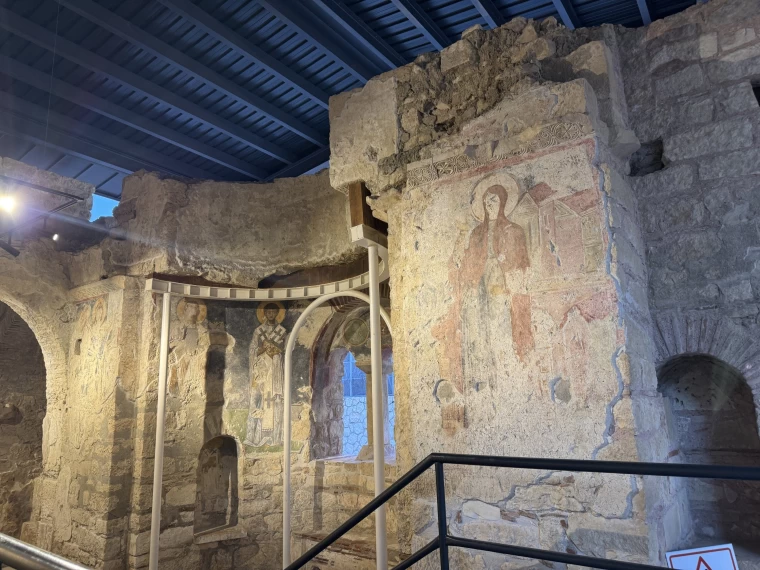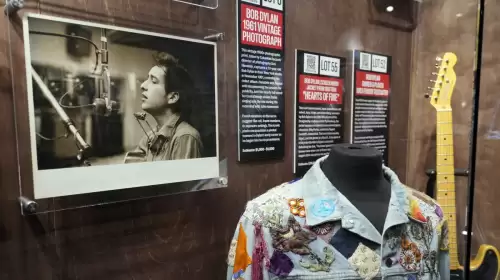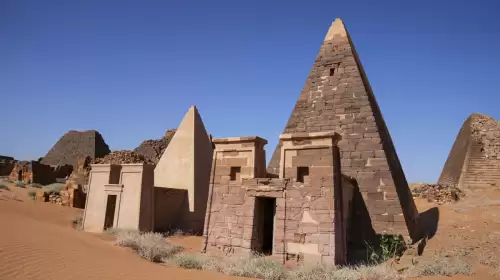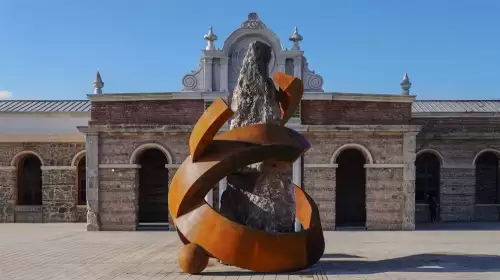In Demre, a district in southwestern Türkiye, ongoing excavations at the St.
Nicholas Church have uncovered an ancient sarcophagus.
The church is believed to have been built near the burial site of the historical figure who inspired the legend of "Santa Claus." Now part of the Antalya St.
Nicholas Memorial Museum, the church was constructed after the death of St.
Nicholas, the Bishop of Myra.
Excavations at the site have been ongoing since 1989, shedding light on its history and significance.
Recently, the site was included in Türkiye’s "Legacy for the Future" project by the Ministry of Culture and Tourism.
Over the past two years, the excavations have been led by associate professor Ebru Fatma Fındık of Hatay Mustafa Kemal University.
Speaking about the discovery, Fındık shared details about the sarcophagus and its potential importance.
Remarkable discovery The excavation team has been focusing on the two-story annex of the church.
In 2022, they uncovered early basilica phases, and this year, they made a surprising discovery. "In one of the sondage excavations within the two-story annex that borders the church’s courtyard to the south, we discovered a sarcophagus," said Fındık. "This was an unexpected but delightful development for our team." The sarcophagus, crafted from local limestone, is modest in design.
Its lid features a slightly raised, gabled roof shape and measures approximately 2 meters long.
Most of it remains buried, with the underground section estimated to extend 1.5 to 2 meters deep.
Initial evaluations suggest similarities with other sarcophagi in the region.
Before reaching the sarcophagus, the team encountered animal bones and fragments of terracotta oil lamps, leading them to believe that the area was used as a burial site. "Our primary hope is to find an inscription on the sarcophagus," Fındık explained. "Such a discovery would not only clarify the identity of the individual buried here but also provide a clearer understanding of the period to which the sarcophagus belongs." So far, only the lid and a small portion of the sarcophagus have been exposed.
The team plans to continue their meticulous excavation and comprehensively analyze the findings.
Burial theories Fındık emphasized the sarcophagus’s significance for both the region’s history and the broader academic community.
One of the excavation's key objectives is to answer questions about the burial site of St.
Nicholas, a figure of great importance to the Christian world. "There have been various hypotheses regarding St.
Nicholas’s burial site, and its exact location remains uncertain," said Fındık. "Some historical sources suggest that he was buried near the sacred precinct of Myra.
Discovering a sarcophagus near the church believed to house his remains strengthens the possibility that this area might indeed be that sacred precinct." She concluded that the discovery provides archaeological evidence supporting historical sources that point to St.
Nicholas being buried near Myra's sacred site.
While it is too early to draw definitive conclusions, the excavation team hopes that further analysis will yield critical insights into the church’s history and connection to the revered saint.





